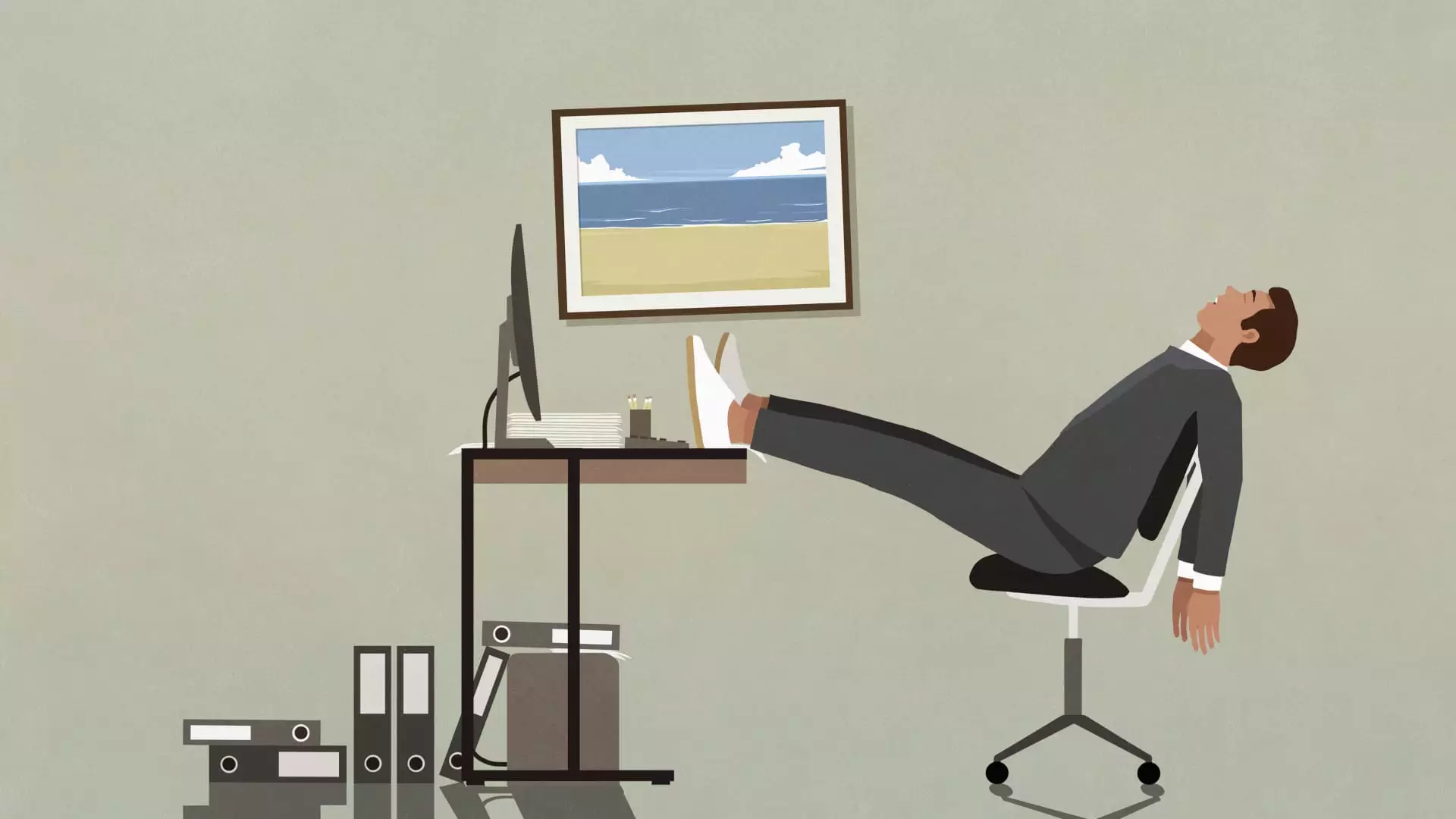The recent report published by Expedia shed light on a concerning trend worldwide – vacation deprivation. Surprisingly, nearly two in three workers are feeling deprived of their well-deserved time off according to the survey. The irony lies in the fact that the feeling of vacation deprivation is highest among cultures that actually take the most days off. For instance, while 84% of Germans and 69% of French respondents express that they lack sufficient time off, they are the ones who take the most vacation days, with an average of 27 days and 29 days respectively.
Differences in Work Culture and Vacation Time
One striking revelation from the Expedia report is the stark differences in how different cultures view time off. The report indicates that feeling vacation deprived isn’t solely about the number of days off one takes, but more about the cultural attitudes towards work and free time. For instance, the French see time off as a basic right, while Americans tend to view it as a guilty pleasure. This contrast is evident in the fact that even a month’s vacation doesn’t seem enough for the average French worker, highlighting the deep-rooted cultural beliefs around work-life balance.
Another interesting aspect highlighted in the report is the role of employers in vacation deprivation. Surprisingly, only 42% of Germans feel their employers are supportive of them taking their vacation time, the lowest rate among all markets surveyed. This lack of support can lead to feelings of guilt and an inability to truly unplug and relax during vacation. It’s a concerning trend that can contribute to the overall sense of vacation deprivation among workers.
While most workers express feeling vacation deprived, the report also reveals that many individuals let some of their annual leave lapse. However, there are exceptions like Hong Kong, where workers meticulously plan their leave and don’t let a single day go unused on average. This proactive approach to vacation planning is a stark contrast to nations like the USA, where workers tend to save their time off for a big annual trip. The report suggests that spreading vacation days throughout the year can alleviate the pressure of planning a big trip and could potentially save both time and money for travelers.
Cultural nuances play a significant role in how vacation time is planned and utilized. Workers in Japan, for instance, take a day off monthly, compared to just 5% in the US. This approach allows for quick breaks from the routine and may explain why Japanese workers reported feeling less vacation deprived despite taking fewer days off. Similarly, the French also spread their days off throughout the year, indicating a more balanced approach to vacation time compared to saving it all for a single trip.
The Expedia report on vacation deprivation highlights the complex interplay between cultural attitudes, employer support, and personal vacation planning. As the world becomes increasingly connected and work-life balance gains importance, addressing the root causes of vacation deprivation is crucial. By understanding and adapting to cultural differences, providing better support for employees to take time off, and encouraging strategic vacation planning, we can work towards a healthier and more balanced approach to work and leisure.


Napsat komentář